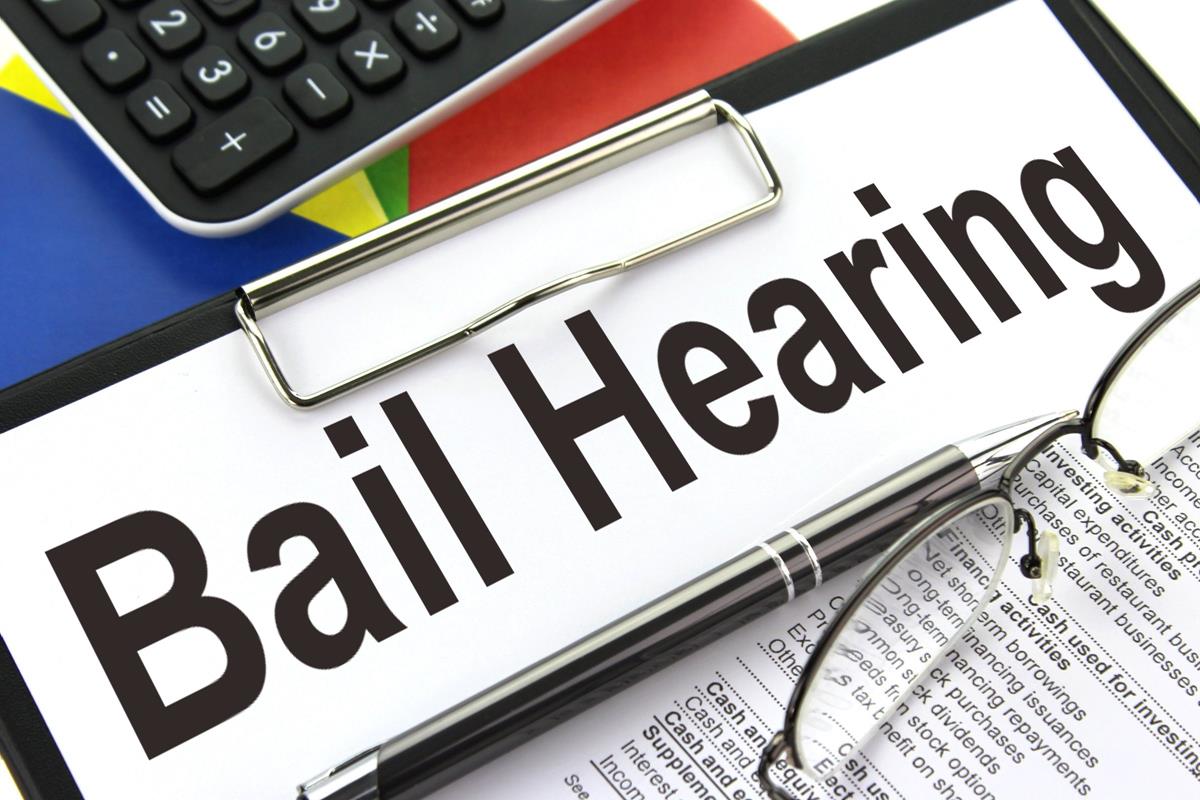Introduction:

Image: www.jphotostyle.com
In the labyrinthine corridors of the criminal justice system, the journey from arrest to trial can be arduous and bewildering. One crucial juncture in this odyssey is the bail hearing, where a judge determines whether an arrested individual will be released while awaiting trial. Understanding the timeline of this hearing is paramount for navigating this legal landscape. In this article, we delve into the intricacies of bail hearings, shedding light on the factors that influence their timing and empowering you with practical insights.
Understanding Bail Hearings:
Bail, a temporary release from custody, is granted under certain conditions to ensure the accused appears for subsequent legal proceedings. Bail hearings serve as a delicate balance between preserving the presumption of innocence and protecting the community’s interests. During the hearing, a judge evaluates various factors, including the nature of the charges, the accused’s prior criminal history, and their ties to the community, before making a decision.
Timing of Bail Hearings:
The time it takes to get a bail hearing varies widely depending on a multitude of factors. In some jurisdictions, hearings are held promptly after arrest, while in others, there may be a delay of several days or even weeks. Here are some key factors that impact the hearing timeline:
-
Court Schedule: The availability of judges and courtrooms influences the scheduling of bail hearings. During busy periods, there may be a backlog of cases, delaying hearings.
-
Complexity of Charges: The severity of the charges against the accused can affect the timing of the hearing. Serious offenses typically require more investigation and preparation, leading to longer delays.
-
Prosecutor’s Availability: The prosecutor assigned to the case must have time to review the evidence and prepare for the hearing. Their schedule can influence the scheduling of the hearing.
-
Public Defender’s Availability: If the accused cannot afford to hire an attorney, a public defender will be appointed. The public defender’s workload can also impact the hearing’s timing.
-
State and Local Laws: Statutes and local court rules dictate the time frames for scheduling bail hearings. These timelines can vary significantly across jurisdictions.
Emergency Bail Hearings:
In certain exceptional circumstances, emergency bail hearings can be requested. These hearings are typically granted when the accused is at risk of serious harm or when there are compelling reasons for immediate release. Emergency bail hearings take precedence and are usually held promptly.
Preparation for a Bail Hearing:
While awaiting the bail hearing, it is crucial to prepare to present a strong case for release. Gathering evidence to support your ties to the community, prior good conduct, and any extenuating circumstances that justify a release is essential. Consult with your attorney or public defender to develop a compelling strategy.
Conclusion:
Understanding the timing and nuances of bail hearings is imperative for navigating the criminal justice system. The complexities of court schedules, the nature of charges, and the availability of legal counsel can all influence the duration of the process. By being informed about these factors and actively preparing for the hearing, you empower yourself to optimize your chances of obtaining a fair and timely resolution. Remember, the bail hearing is not a determination of guilt or innocence; it simply determines whether the accused will remain in custody until the trial. With knowledge and preparation, you can navigate this intricate legal maze and advocate effectively for your rights.

Image: kurielaw.ca
How Long Does It Take To Get A Bail Hearing







